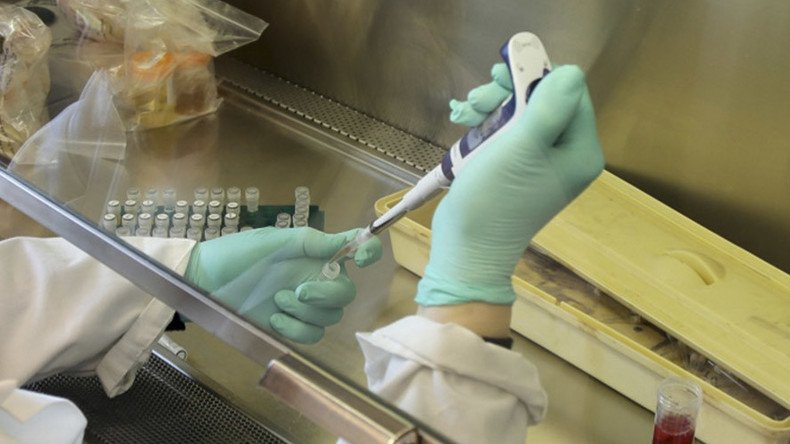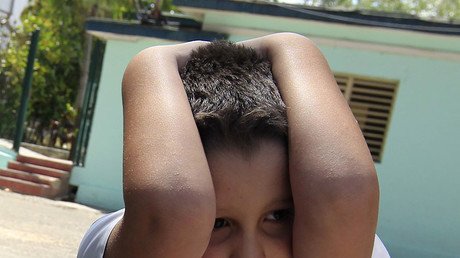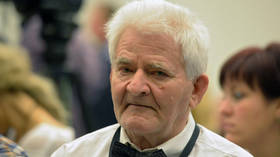Probiotics can ‘potentially’ cure autism-like disorders — study

Texas researchers have managed to reverse autism-like neurological disorders in mice by adding just a single gut bacteria to their diet, but they still don’t know if human brains can be helped in the same way.
Scientists from the Baylor University College of Medicine in Texas conducted research to test the premise that, for human and non-human primates, the offspring of obese mothers have a higher risk of developing neurodevelopmental disorders, such as autism.
To investigate the link between maternal obesity and behavioral deficits, the researchers tested 60 female mice separated into two groups. For eight weeks, some mice were fed a high-fat diet, while the others received just a regular diet. They were then paired with male mice that had been on a regular diet all of their lives, to produce offspring.
Autism sufferers face ‘mortality crisis’ – expertshttps://t.co/4cY8G1tGZKpic.twitter.com/4sBe83pqgi
— RT America (@RT_America) March 19, 2016
The researchers focused on the newborns’ behavior. It appeared that offspring of mice on high-fat diets showed social deficits, including symptoms common to autism. For example, they seemed to be less social compared to their regular diet counterparts or were not as excited during encounters with new mice, displaying anxiety and repetitive behaviors.
The scientists behind the experiment theorized that there could be a link between high-fat diets and antisocial behavior. In science, such a link between the gut and brain is known as the gut-brain axis.
“Maternal obesity has been shown to alter the gut microbiome of offspring and individuals diagnosed with ASD [autistic spectrum disorder] can co-present dysbiosis of the gut microbiota,” they wrote in the research results published in The Cell magazine.
“The diversity of microbiota in MHFD [maternal high-fat diet] offspring was reduced compared to MRD [maternal regular diet] microbiota,” the team found.
Specifically, mice born from overweight mothers “drastically” lacked Lactobacillus reuteri, a bacteria responsible for boosting levels of the oxytocin hormone that plays a crucial role in social behaviors.
“We hypothesized that the selective decrease in L. reuteri in the microbiota of MHFD offspring was causally related to their social deficits,” the researchers wrote.
To test that hypothesis, they added L. reuteri to the drinking water of rodents born from mice fed a high-fat diet.
“Remarkably, treatment with L. reuteri significantly improved sociability and preference for social novelty in MHFD offspring,” the researchers concluded. At the same time, “drinking water with live L. reuteri did not change the social behavior of MRD offspring presumably because their gut microbiota already contains ample L. reuteri.”
However, adding L. reuteri did not treat anxiety and repetitive behaviors in the affected offspring, meaning that such bacterial “reconstitution” could be helpful in treating social disorders associated with autism, but not other behavioral ones.
While finding a way to treat the brain from the gut is quite exciting, it is still too early to try the method on people. The study needs to be repeated, and much research must be conducted on humans before such non-invasive treatment arrives in clinics.
"We propose that a carefully selected combination of probiotics may be useful as a potential non-invasive treatment for patients suffering from neurodevelopmental disorders including ASD," the team said.














